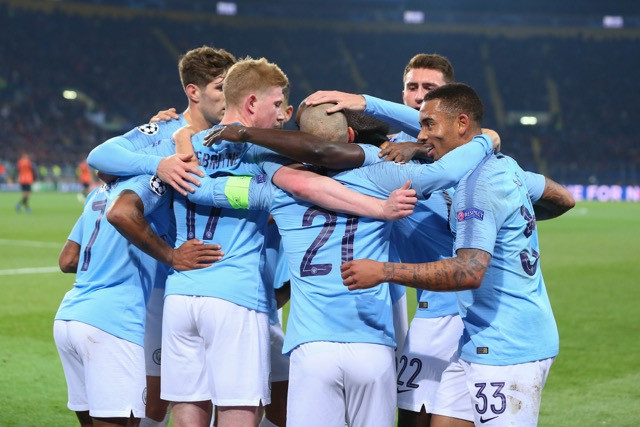Luxembourg businessman Gerard Lopez is implicated, via his Mangrove Capital Partners business, and his position as president of Lille OSC football club, of helping English Premier League champions Manchester City get around Uefa’s fair play rules.
The link is revealed following new and unpublished documents from the Football Leaks, which were collected by German magazine Der Spiegel and analysed with its partners Mediapart and the EIC (European Investigative Collaborations).
Third party ownership
According to the evidence, Mangrove subsidiary MPI II Sarl was specifically created in the autumn of 2013 to manage a third party ownership fund secretly managed by Manchester City that allowed the club to invest in South American players under the radar. Third party ownership has been prohibited by Uefa since 2015. But it has been prohibited in England since 2008 and was already under consideration by Uefa when MPI II was established, the report suggests. The TPO fund was “financed underhand by the Abu Dhabi Emirate, via an offshore company in the Cayman Islands,” says a report translated here by Reddit Soccer.
The link to Manchester City appears to have been established via Marc Ingla, who was a partner at Lopez’s Mangrove Capital Partners and also serves as general manager at Lille OSC--the French club that Lopez took over in January 2017. His time at Lille has not been easy as the club, who had been French champions in 2012, fought off a relegation battle and was even banned from transfer activity in December 2017.
Barcelona colleagues
Crucially, Ingla also served as marketing vice president of Barcelona football club from 2003 to 2008, at the same time that Ferran Soriano, now executive director of Manchester City, was the vice-president and general manager of the Catalan club. Indeed, the report claims that Ingla and Soriano “created and managed a consulting company in the 1990s.”
In December last year Ingla was officially removed from the management board of MPI II, which is an acronym for Mangrove Player Investment. MPI II was created because, according to an internal document seen by Football Leaks, Soriano had already recognised that: “Even if there is legal uncertainty about third party ownership (TPO) and the potential risk that it may be banned by FIFA and UEFA (...), clubs and funds are already looking at and trying alternative schemes to circumvent this potential ban.”
City wanted to target “the best young players in South America” identified by its recruitment network and invest some €30 million on around 70 players over 10 years, according to the report.
MPI II was registered as a legal entity in Luxembourg on 7 October 2013. Complicated legal structures were immediately put in place to apparently cloud any links with Manchester City. A mother company in the Netherlands, Stichting MPI II, was established on 9 October 2013. It in turn owned 100% of MPI II & Partners, the fund itself, which was created just 9 days later.
Caymans and Abu Dhabi
In turn, the actual investments into the fund were carried out by Roscalitar Limited in the Cayman Islands--the “opaque tax haven” location allowing the beneficiaries to not appear in any public register. Roscalitar subscribed to €10 million bonds issued by MPI II & Partners to finance acquisitions of economic rights of players.
But, as the Football Leaks documents reveal, the business address of Roscalitar is actually in Abu Dhabi, in the same building as the country’s Executive Affairs Authority which is chaired by Khaldoon al-Mubarak, the chairman of Manchester City. As The Guardian has reported, City could face a Champions League ban if the allegations in Der Spiegel are proved. The latest revelations, with the Luxembourg links, are unlikely to help their cause.
